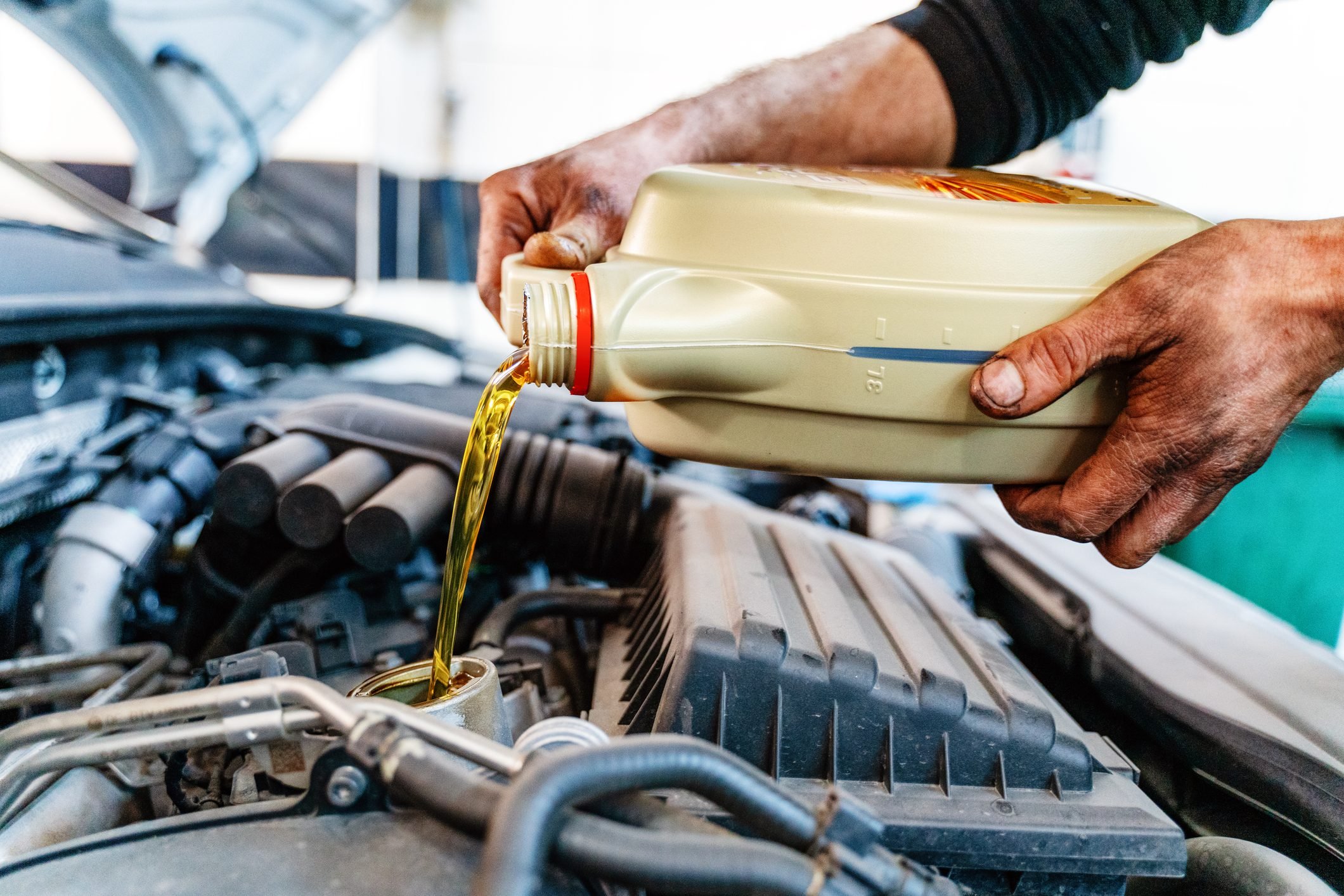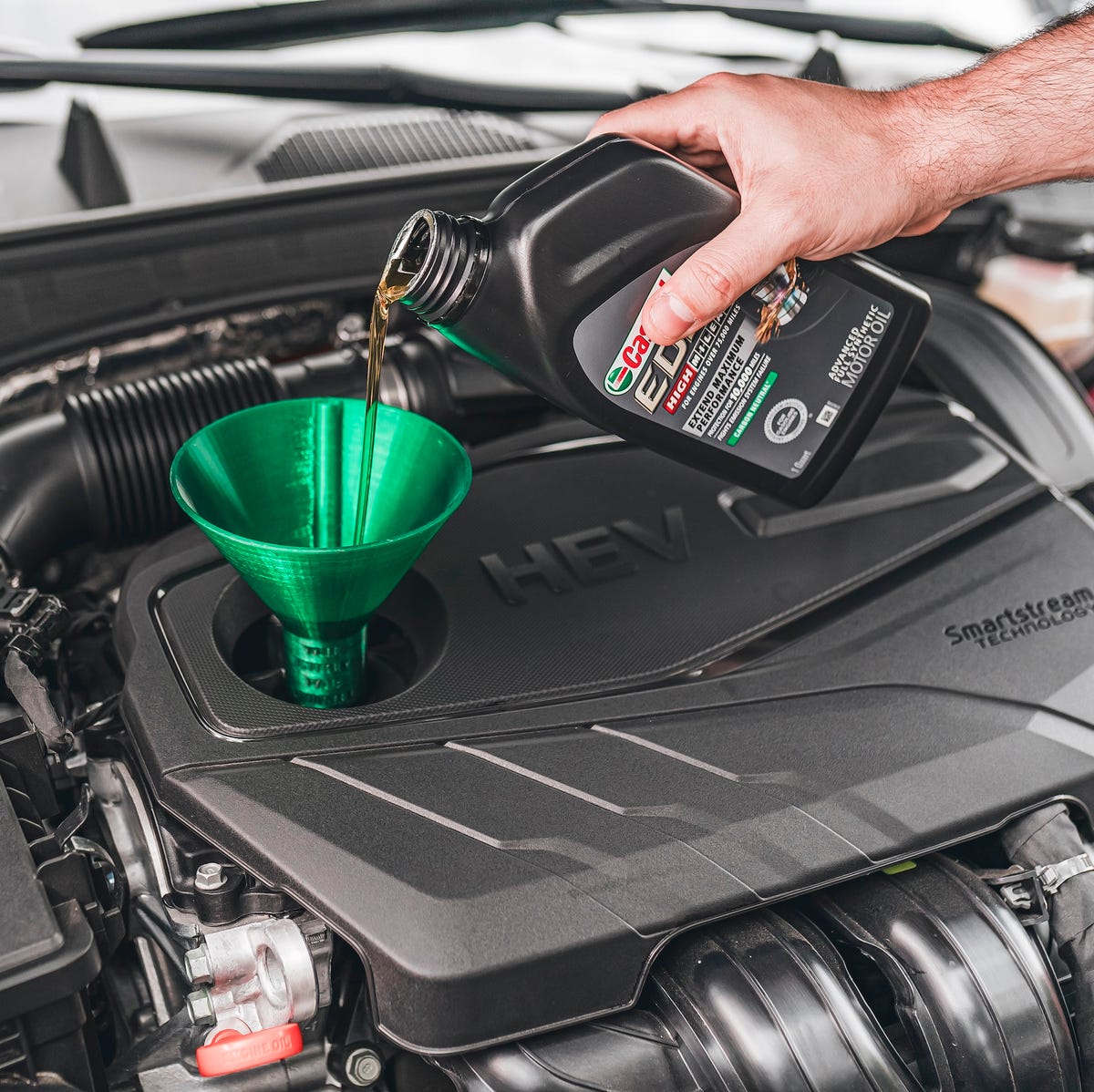Maximize Your Auto'S Performance With Normal Oil Changes
Maintaining your car's performance is a diverse venture, with routine oil modifications standing out as an essential component. Fresh engine oil plays a pivotal role in making sure ideal lubrication, reducing friction, and preventing wear on vital elements. Numerous chauffeurs neglect the indications that indicate a need for an oil change, possibly endangering their lorry's longevity.
Significance of Regular Oil Changes
While many car proprietors might ignore the relevance of routine oil changes, neglecting this crucial upkeep job can bring about severe consequences for engine performance and longevity. Engine oil plays a vital duty in lubing moving components, lowering friction, and avoiding getting too hot. With time, oil degrades due to direct exposure to warmth and pollutants, which decreases its effectiveness.
Falling short to alter the oil routinely can cause the build-up of sludge and debris, which can block important engine parts and lead to boosted wear. This not only jeopardizes engine effectiveness but can likewise result in pricey repair work or perhaps overall engine failure. Furthermore, old oil loses its capability to neutralize acids generated during burning, which can cause rust and more damage.
Additionally, several vehicle producers advise details oil modification periods, often based on mileage or time. In summary, routine oil modifications are not just a suggestion; they are an important element of accountable vehicle maintenance that safeguards the engine and improves general performance.
Benefits of Fresh Oil
Transforming to fresh oil offers countless advantages that straight improve engine performance and performance. New oil decreases friction in between engine parts, which not just reduces wear yet also contributes to smoother procedure.
In addition, fresh oil properly cleans up the engine by suspending contaminants and preventing sludge buildup. With time, oil comes to be polluted with dirt, steel bits, and burning results. Routinely changing oil makes sure that these hazardous compounds are gotten rid of, promoting a cleaner and healthier engine atmosphere.
Furthermore, fresh oil aids in optimum temperature level law. It dissipates warmth better, avoiding overheating and possible damage to engine parts. This is especially important throughout peak performance scenarios, where warm buildup can hinder engine functionality.
Indicators Your Oil Needs Altering
Engine oil is the lifeline of your car, and identifying when it needs altering is critical for preserving optimum performance - Oil Change Lockhart. A number of indicators indicate that it's time for an oil modification, and remaining vigilant can prevent engine damage and pricey repairs
First, examine the color and consistency of the oil. Fresh oil is commonly amber and smooth, while old oil may show up dark and abrasive, indicating contamination and decreased performance. A change in viscosity can likewise signify that the oil has damaged down and is no much longer appropriately lubricating engine elements.

One more caution indicator is the oil change light on your dashboard. This alert works as a tip that the oil has from this source actually reached its life-span or that there is an underlying issue needing attention. Furthermore, unusual engine sounds, such as knocking or ticking, may recommend insufficient lubrication because of abject oil.
Lastly, if you see oil places or puddles under your vehicle, it might show a leakage that necessitates prompt examination and possible oil adjustment. Listening to these indications will ensure your engine operates smoothly and effectively.
Selecting the Right Oil
Picking the suitable oil for your car is vital for ensuring optimal performance and durability. This guidance will direct you toward the proper thickness quality, such as 5W-30 or 10W-40, which suggests the oil's density at various temperature levels.
Following, think about the type of oil: conventional, synthetic, or a blend. Conventional oil is obtained from unrefined oil and is ideal for older automobiles, while artificial oil provides premium security and performance for contemporary engines, especially under extreme problems. Synthetic blends incorporate the benefits of both and are commonly a cost-effective choice.
Furthermore, look for oils that fulfill market standards, such as API (American Petroleum Institute) or ACEA (Organization des Constructeurs Européens d'Automobiles) certifications. These indications make certain that the oil has actually been tested for quality and performance. Ultimately, picking the ideal oil not only boosts engine efficiency however also contributes to the general health of your vehicle, leading the way for smoother driving experiences.
Oil Adjustment Regularity Recommendations

Factors affecting oil change regularity include driving problems, such as stop-and-go web traffic, severe temperatures, and towing hefty loads. Under serious problems, it could be prudent published here to alter the oil extra often to stop engine wear. Furthermore, some modern automobiles come equipped with oil life tracking systems that provide individualized recommendations based upon driving behaviors, which can even more maximize the oil change timetable.
It's essential to consult your proprietor's guidebook for particular referrals tailored to your car. Complying with these guidelines not only protects engine wellness yet likewise boosts gas efficiency and minimizes exhausts. you could try here Finally, routine oil adjustments, timed appropriately based on different variables, are a fundamental element of automobile upkeep that can significantly affect efficiency and long life.
Final Thought

 Haley Joel Osment Then & Now!
Haley Joel Osment Then & Now! Jennifer Grey Then & Now!
Jennifer Grey Then & Now! Molly Ringwald Then & Now!
Molly Ringwald Then & Now! Michael C. Maronna Then & Now!
Michael C. Maronna Then & Now! Phoebe Cates Then & Now!
Phoebe Cates Then & Now!